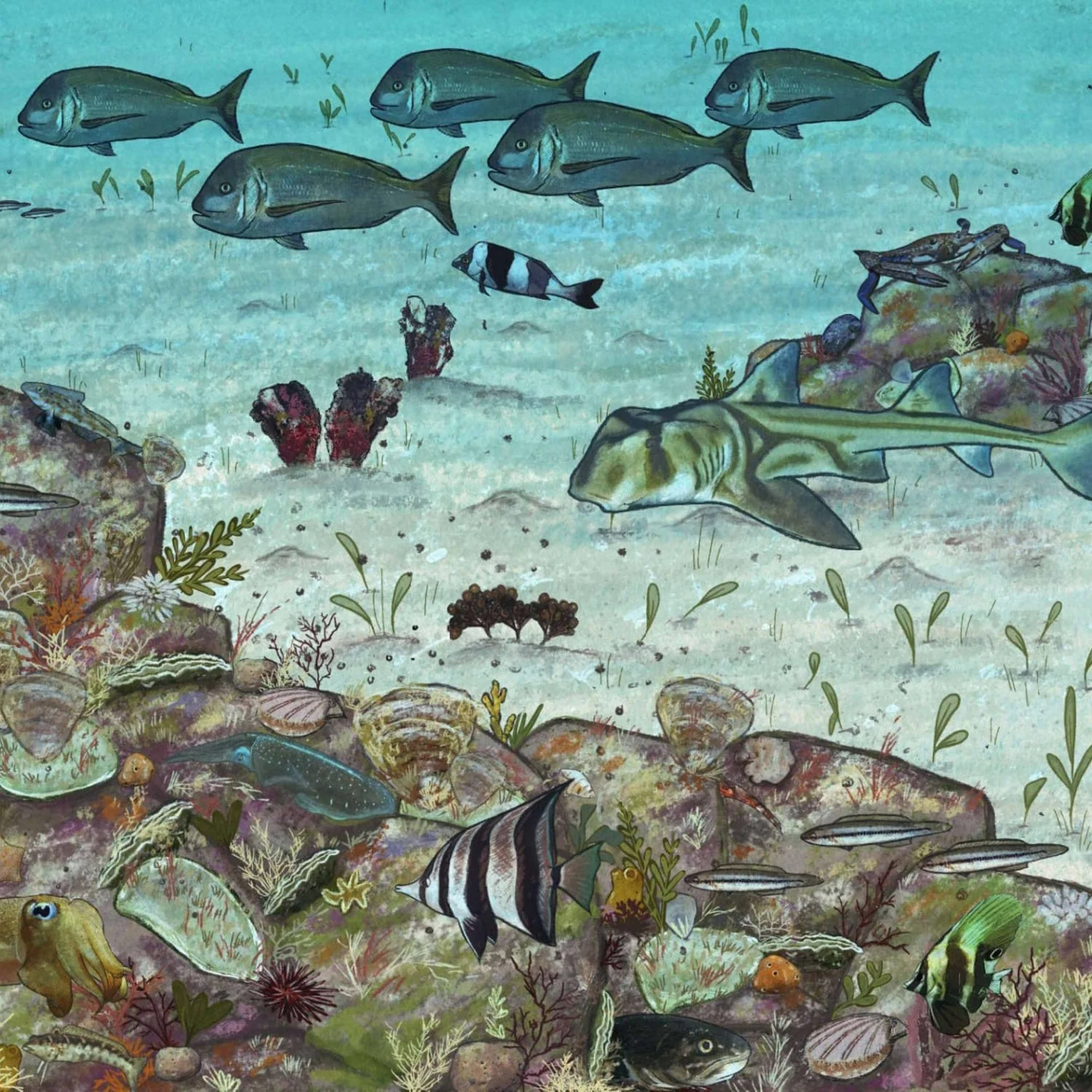We can't find the internet
Attempting to reconnect
Something went wrong!
Hang in there while we get back on track
Highlights - DOMINIC McAFEE - Marine Ecologist, University of Adelaide - Restoring Lost Oyster Reefs

Access AI content by logging in
"Oysters are incredible beasts. You know, dolphins have cute eyes. Marine mammals, we have a natural affinity with them. How do you engage with a shelled introvert that hides away its entire life? But if we think about them as an organism, they are quite fascinating. A real character of the sea. So part of the reproductive process for the oyster that I work on are what we call sequential hermaphrodites. That means that they can switch between male and female almost on a daily basis. When you open them up, you can actually sometimes see egg and sperm next to each other. Incredibly dynamic organisms. They redefine, in many ways, how we think about sexuality. It's far more fluid with oysters. One of the amazing things about them though is that they were forming these reefs since before the time of the dinosaurs.
We've lost something like 85% of oyster reefs globally.We've been using healthy marine sounds with underwater speakers to attract oysters to these reefs. So when the historical native habitat was lost, it also lost the sound that was associated with those reefs, that sound created by the millions of animals that live in that complex habitat.
Now there's recognition that anthropogenic noise, noise from shipping and motorboats, and other urban noise is masking the natural sounds of the sea and dominating the soundscape as we call it. We're hoping that we can counteract some of those negative impacts of anthropogenic noise by playing healthy marine sounds."
